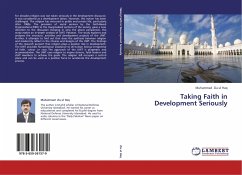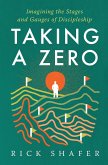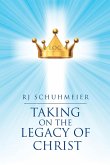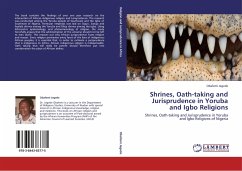For decades religion was not taken seriously in the development discourse. It was considered as a development taboo. However, this notion has been challenged. The religion has returned in public and private life, particularly after 1980s. The provision of social services by the Faith-Based Organizations (FBO) to the marginalized sections of the society, gave a new direction to the discussion. Keeping in view the above perspective, this study makes an in-depth analysis of UWT, Pakistan. The study explores and analyzes the structure, activities and development projects of the UWT. Further, it attempts to find out that does the synthesis between religion and modernity reflect in the choices and designs of the UWT. The findings of the research purport that religion plays a positive role in development. The UWT provides humanitarian assistance to all human beings irrespective of faith, colour or race. The approach of the UWT is pragmatic and accommodative. The UWT uses religion to inspire donors, faith leaders and staff members to achieve the goals. The religion still occupies a central place and can be used as a positive force to accelerate the development process.
Hinweis: Dieser Artikel kann nur an eine deutsche Lieferadresse ausgeliefert werden.
Hinweis: Dieser Artikel kann nur an eine deutsche Lieferadresse ausgeliefert werden.








